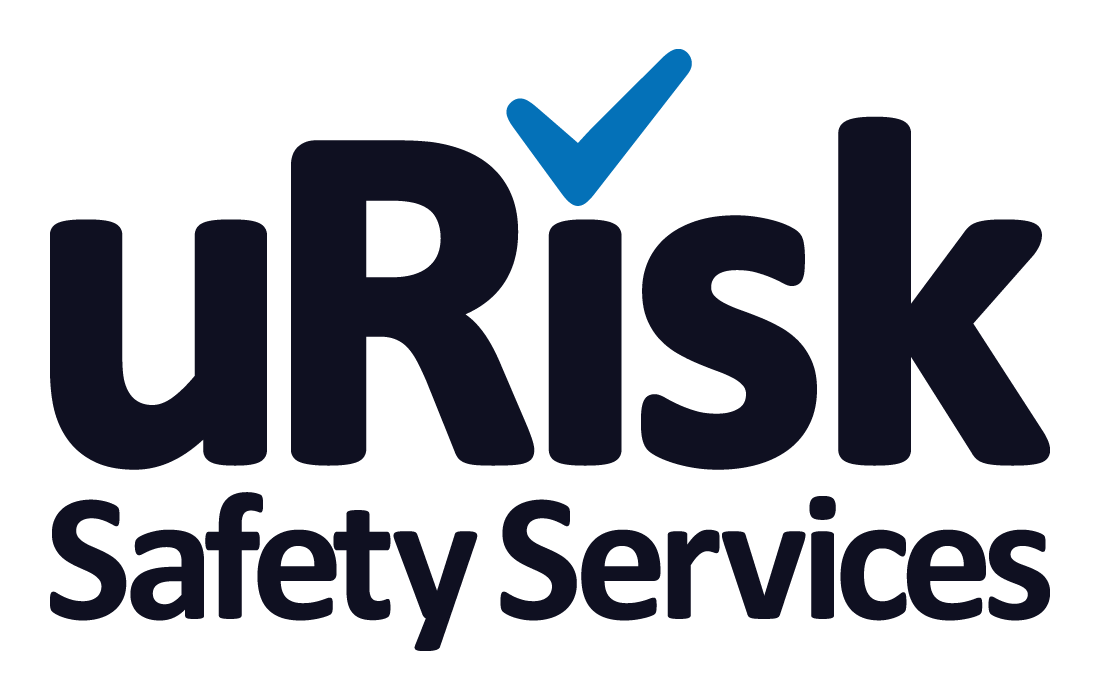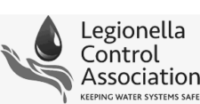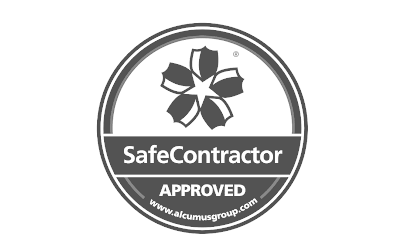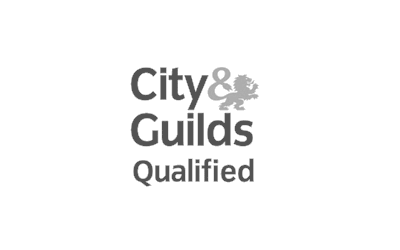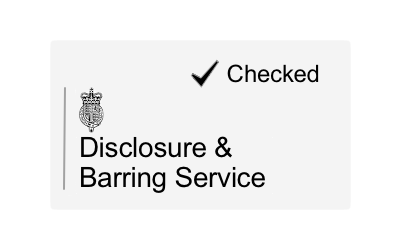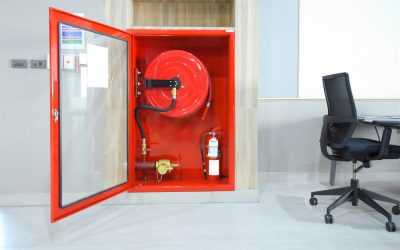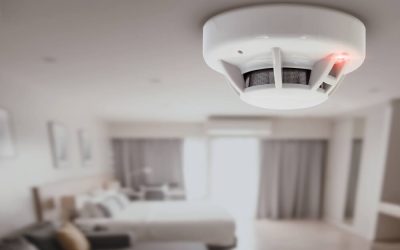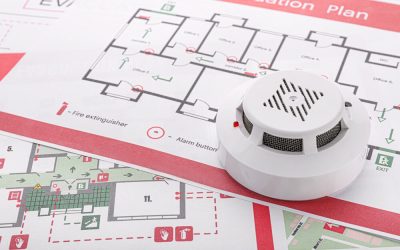Do ice machines spread legionnaires’ disease?
Given that the legionella virus is only active between the temperatures of 20oC and 45oC, it seems reasonable to assume that, if you use an ice machine – or have an ice machine or cool water dispenser integrated into your fridge/freezer – you ought to be safe from the bacteria.
However, Legionella is merely dormant at low temperatures, and as soon as the ice thaws, it becomes active again. Given the mechanical nature of ice machines, any water held in pipes positioned close to the generator could be stored at an increased temperature that allows legionella to become active.
In 2013, a patient died at a hospital in Pittsburgh in the US as the result of contracting legionnaires’ disease from legionella bacteria in an ice machine. The patient had choked on an ice chip which enabled the bacteria to enter his lungs. Two other patients also contracted the disease, and a further outbreak in a hospital in Brisbane, Australia was discovered to have its origins in an ice machine.
So the simple answer is: yes, ice machines do spread legionnaires’ disease.
How to prevent Legionnaires’ disease in ice machines
Any equipment that uses water needs to be regularly checked, cleaned, descaled and disinfected, and this includes ice machines. It is recommended that you dismantle the parts to do a thorough clean at least once a year in order to minimise risks.
As this is drinking water, be extremely careful about the chemicals you use to clean the piping and elements, and flush thoroughly to ensure traces of both the chemicals and the bacteria have gone. A 2017 academic study published in the Open Forum Infectious Diseases concluded that: “Manual interventions have the ability to work, but need to be strictly followed and maintained. Continuous disinfection with Monochloramine was most effective as preventing Legionella colonization and was easiest to maintain.”
If you have any concerns about ice machines or any aspect of your water system, contact us to arrange for a risk assessment or testing.
Legionella and Water Hygiene Blog Posts
Office Fire Risk Assessment
As you would expect, keeping your office safe from the risk of fire is a legal requirement under the Regulatory Reform (Fire Safety) Order 2005. If you are the owner or manager of a business, or landlord of an office building, it is your responsibility to ensure your...
Fire Risk Assessment For Flats
Your legal requirements as a landlord include taking precautions to keep your tenants safe, including when it comes to the risk of fire in flats. As part of the fire safety regulations, fire risk assessments for flats is therefore part of your legal obligation to...
Getting A Risk Assessment For Fire in the UK
As an employer, landlord or facilities manager, it is your legal responsibility to keep everyone who uses your premises safe. A fire risk assessment is an important part of this because it identifies what might cause a fire so you can take steps to prevent one, as...
